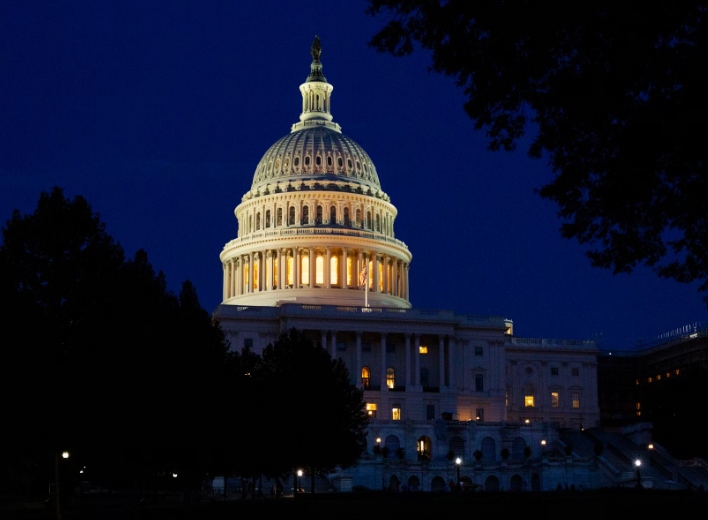In the modern era, technology has become an integral part of our daily lives. From smartphones to social media platforms, our interactions with technology are constant, and often, unconscious. While technology has brought about numerous advancements and conveniences, it has also raised concerns about the protection of human rights in the digital age.
Human rights are the fundamental rights and freedoms that every individual is entitled to, regardless of their race, gender, religion, or any other characteristic. They include the right to life, liberty, security, privacy, and freedom of expression, among others. As technology continues to evolve at an unprecedented pace, it is essential to navigate this digital age while safeguarding these rights.
One of the most pressing human rights concerns in the digital age is the right to privacy. With the rise of social media and online platforms, individuals are constantly sharing personal information, often without fully understanding the potential consequences. Companies collect vast amounts of data about individuals, including their preferences, behaviors, and even their location. This abundance of personal data can be exploited for targeted advertising, surveillance, and even manipulation.
Governments around the world have also been known to exploit technology for surveillance purposes, often infringing upon citizens’ right to privacy. Mass surveillance programs, such as those revealed by Edward Snowden in 2013, have raised significant concerns about the erosion of privacy rights. It is crucial for societies to strike a balance between security and individual privacy, ensuring that surveillance is conducted within legal boundaries and subject to proper oversight.
Freedom of expression is another essential human right that can be impacted by technology. While the internet has provided a platform for individuals to express their opinions and engage in public discourse, it has also given rise to new challenges. Online harassment, hate speech, and the spread of misinformation are rampant in the digital world, posing threats to individuals’ safety and the integrity of public discourse.
Social media platforms, as gatekeepers of online speech, face the challenge of moderating content while respecting freedom of expression. Striking the right balance is a complex responsibility, as content moderation decisions can have far-reaching implications for democracy and human rights. Transparency, accountability, and a commitment to the principles of free speech are crucial for platforms to navigate these challenges effectively.
Furthermore, technology has the potential to exacerbate existing inequalities and create new forms of discrimination. Algorithms used in decision-making processes, such as hiring, lending, and law enforcement, can perpetuate biases and reinforce systemic inequalities. As technology becomes more ingrained in our daily lives, it is essential to ensure that these tools are designed and implemented in a way that is fair and inclusive, leaving no room for discrimination.
To navigate the digital age while safeguarding human rights, governments, organizations, and individuals must work together. Strong legal frameworks are needed to protect privacy, freedom of expression, and non-discrimination in the digital realm. Governments should enact legislation that ensures individuals’ rights are respected, and that technology companies are held accountable for any violations.
Technology companies themselves have a responsibility to prioritize human rights in their design and operations. They must adopt ethical practices, conduct privacy impact assessments, and be transparent about their data collection and usage. Collaboration with civil society organizations and human rights experts can help ensure that technology is developed and deployed in a way that respects and promotes human rights.
Individuals also play a crucial role in navigating the digital age. By being aware of their rights and the potential risks associated with technology, individuals can make informed choices about the platforms they use, the data they share, and the content they consume. Digital literacy programs and education on privacy and security should be widely accessible to empower individuals to protect themselves and advocate for their rights.
In conclusion, as technology continues to shape our world, it is vital to navigate the digital age while safeguarding human rights. Privacy, freedom of expression, and non-discrimination must be protected in the face of rapid technological advancements. Governments, organizations, and individuals must collaborate to ensure that technology is developed and used in a way that respects and promotes human rights, creating a digital landscape that is inclusive, fair, and respectful of individual freedoms.





